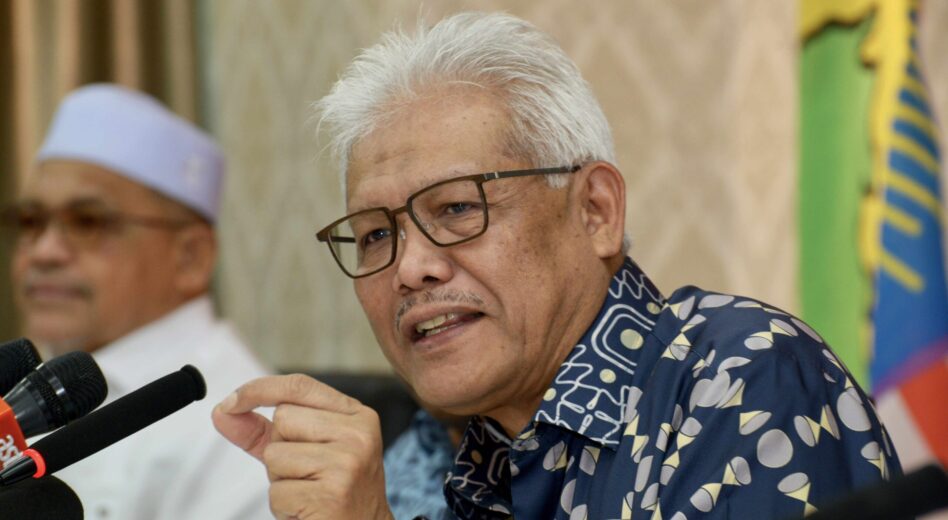By Ranjit Singh
THE Indian government’s decision to ban imports of refined palm oil products is seen as a retaliatory action after Prime Minister Tun Dr Mahathir Mohamad made some stinging comments on New Delhi’s move to end direct rule on the country’s only Muslim state, Jammu and Kashmir.
Mahathir had also made some comments against the Indian government’s new citizenship law which he claimed had been discriminatory to Muslims,
However, an official from the Malaysian Palm Oil Board (MPOB) told FocusM that the ban was not in essence a blanket ban but rather a restriction of imports of refined palm oil products and it was not directed at Malaysia only.
“We are in no position to say that the Indian authorities have embarked on this move as a consequence to the comments made by Mahathir.
“We note that exports of refined palm oil products and crude palm oil (CPO) to India had been on a declining trend since September 2019,” said the official.
The Indian import restriction applies to refined bleached deodorised palm oil and refined bleached deodorised palm olein.
India is the world’s biggest importer of palm oil, taking most of its refined palm oil from Malaysia and CPO from Indonesia.
Malaysia exported some US$1.65 bil worth of palm oil to India in 2018. The commodity accounts for 2.8% of Malaysia’s GDP and 4.5% of total exports.
A plantation analyst at a bank-based research house reiterates the view that the Indian government’s move was a “restriction” and not an outright ban.
“India has not banned the importation of refined palm oil products but rather undertaken a restriction,” says the analyst.
India had already raised taxes on refined palm oil from Malaysia for six months from September 2019 to 50% from the previous 45% as a safeguard against import spikes following a trade agreement that was signed between the two countries in early 2018.
One reason offered for the import restriction was that India wants to enhance its domestic refining capabilities which currently has a utilisation rate of 40%. India imports 70% of its edible oil requirements.
Relations between Malaysia and India have become increasingly sticky since Mahathir’s return to power in May 2018, with disagreements cropping up on various issues, including Putrajaya’s refusal to extradite controversial Muslim preacher Zakir Naik, who is wanted in India over allegations of money laundering and inciting extremism through hate-mongering.
Reuters reported that Sime Darby Plantation Bhd, the world’s largest oil palm planter by land size, could export more CPO to India and divert refined oil to other markets after India placed curbs on refined imports.
India hasn’t made any public statements linking the restrictions to Mahathir’s comments. However, it was reported that an Indian trade ministry official told China Dialogue that the restrictions will continue unless Malaysia stops commenting on India’s internal affairs.
Malaysia exported around 4 million tonnes of palm oil to India in 2019. Out of this, as much as 2 million tonnes were palm olein, a refined palm oil used as a cooking agent. India has been Malaysia’s largest palm oil market for the past five years.
The trade restrictions on refined palm oil could spark a price war on various levels. Malaysia will now have to compete with Indonesia, the world’s largest palm oil producer, on CPO. Indonesian CPO generally costs less than the Malaysian variety. Together, both countries produce 85% of the world’s palm oil. – Feb 19, 2020









